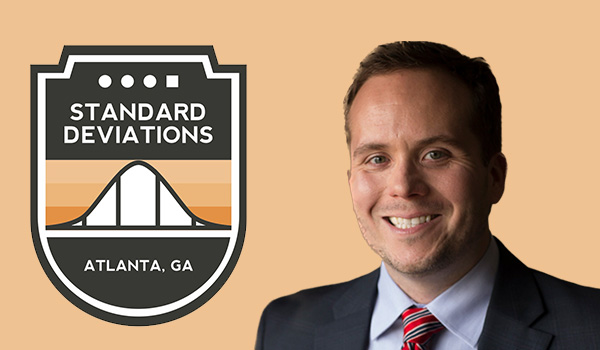This week on the Standard Deviations podcast, Dr. Daniel Crosby is joined by Andy Baxley, Senior Financial Planner at The Planning Center.
Tune in to hear:
- Why do humans seem to have such limited access to understanding what they want, from a financial perspective?
- Andy believes that the ethos of financial planning is the marriage of capital and purpose. What, specifically, does he mean by this and why does he think it is so critical?
- Should we try to expand our clients’ notion of capital and what might be the broader impact on their lives if we were to do so?
- How would Andy tease out the subtle differences between goals, values and purpose and is one of these more fundamental than the rest of them?
- Does Andy often see dissonance between clients’ professed values and how they spend their money and time? How can we help our clients achieve better alignment with their values?
- How can advisors take a client’s values and transmute that into a statement of financial purpose?
- What would Andy say to clients who want an advisor who is effectively just a stock picker and not a guide to fulfilling their financial purpose?
- Why is a purpose-centered portfolio a great “regret minimization tool?”
- How often should clients revisit their financial purpose thesis?
- What are some of the benefits that accrue to both clients and advisors who go with a more bespoke, meaning-centered financial plan?
Compliance Code: 1304-OAS-5/23/2024
ABOUT STANDARD DEVIATIONS PODCAST:
Educated at Brigham Young and Emory Universities, Dr. Daniel Crosby, the personality behind STANDARD DEVIATIONS podcast, is a psychologist and behavioral finance expert who helps organizations understand the intersection of mind and markets.
Dr. Crosby’s first book, Personal Benchmark: Integrating Behavioral Finance and Investment Management, was a New York Times bestseller. His second book, The Laws of Wealth, was named the best investment book of 2017 by the Axiom Business Book Awards and has been translated into Japanese, Chinese, Vietnamese and German. His latest work, The Behavioral Investor, is an in-depth look at how sociology, psychology and neurology all impact investment decision-making.





